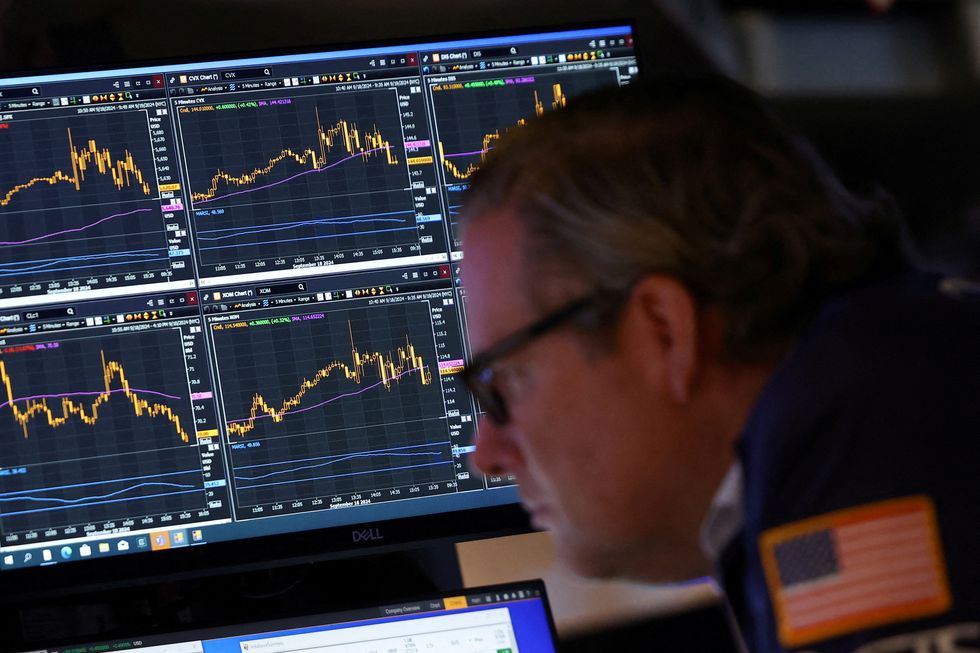Consumer confidence in the US has taken a significant hit – falling by the largest level in more than three years.
The consumer confidence index plummeted to 98.7 in September, down from 105.6 in August, marking the largest one-month decline since August 2021, the Conference Board reported.
This sharp drop surpassed economists’ expectations, with the Dow Jones consensus forecast predicting a reading of 104.
The fall in consumer sentiment reflects growing concerns about jobs and business conditions, signalling potential challenges for the economy in the coming months ahead of the presidential election.
 Consumer confidence in the US has taken a significant hit – falling by the largest level in more than three yearsReuters
Consumer confidence in the US has taken a significant hit – falling by the largest level in more than three yearsReuters
The Conference Board’s report revealed a stark decline across all five components surveyed. The present situation measure worsened by 10.3 points to 124.3, while the expectations index fell 4.6 points to 81.7.
Dana Peterson, chief economist at The Conference Board, said: “Consumers’ assessments of current business conditions turned negative while views of the current labour market situation softened further.”
The index now stands at its lowest level since February 2020, when it registered 132.6, just before the Covid pandemic struck.
Those aged 35-54 and earning less than $50,000 experienced the most significant drop in confidence.
LATEST DEVELOPMENTS:
The survey revealed a growing pessimism about job prospects. The percentage of respondents saying jobs are plentiful declined to 30.9 per cent from 32.7 per cent in August, while those finding jobs hard to get increased to 18.3 per cent from 16.8 per cent.
Inflation concerns topped the list of economic worries, with the 12-month inflation outlook rising to 5.2 per cent.
Peterson added: “Consumers were also more pessimistic about future labour market conditions and less positive about future business conditions and future income.”
These findings suggest a weakening labour market and persistent inflation fears, potentially impacting consumer spending and economic growth.

The fall in consumer sentiment reflects growing concerns about jobs and business conditions, signalling potential challenges for the economy in the coming months ahead of the presidential election
PA
The survey’s findings come just days after the Federal Reserve’s decision to cut interest rates by half a percentage point, citing concerns over a potentially softening labour market.
While the proportion of consumers anticipating a recession remained low, there was a slight uptick in those believing the economy was already in recession.
The expectations index reading below 80 is consistent with recessionary conditions, raising concerns about future economic performance.
These results suggest that despite recent efforts to stimulate the economy, consumer sentiment remains fragile. This could potentially impact spending patterns and economic growth in the coming months, posing challenges for policymakers and businesses alike.